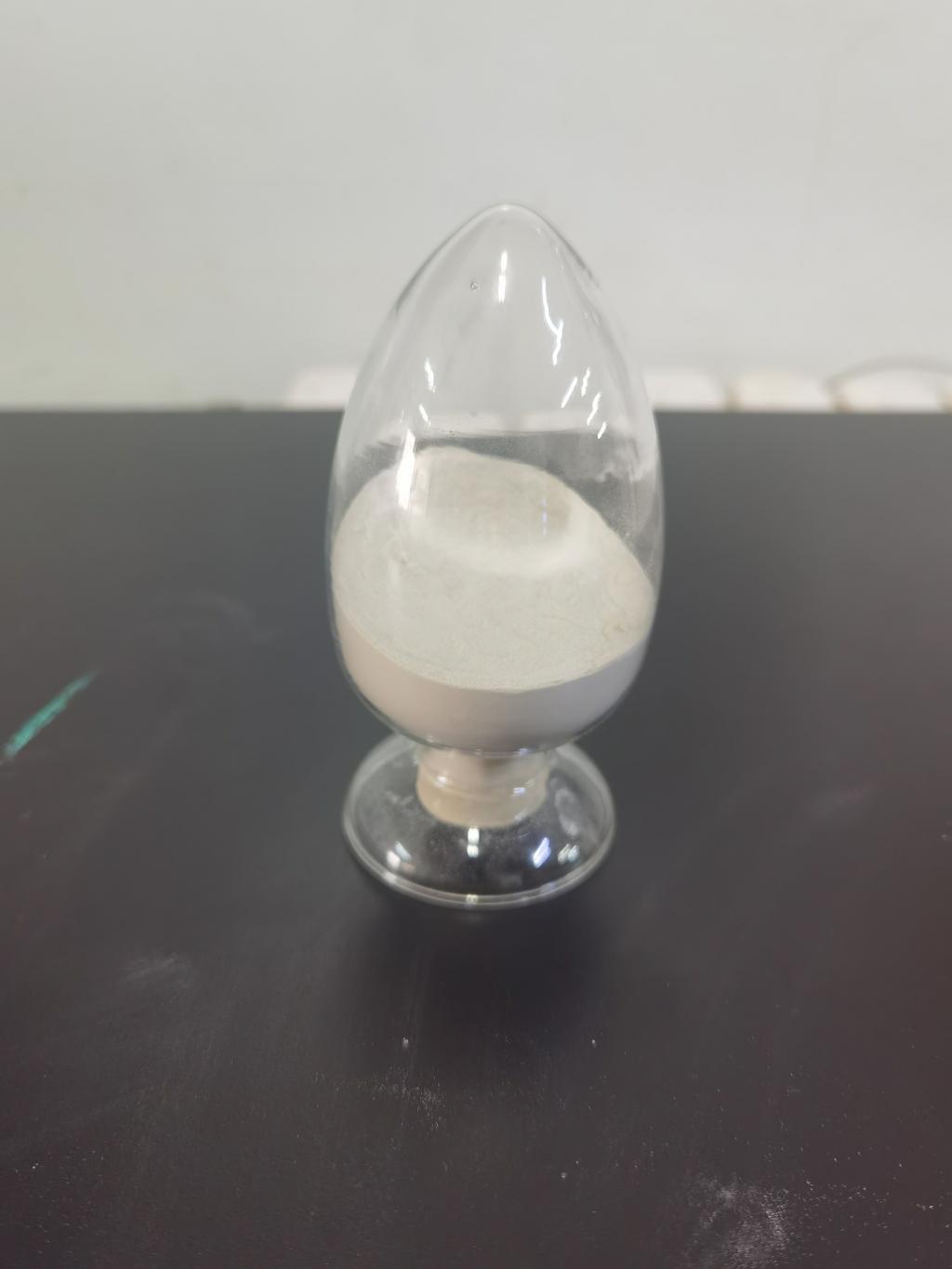Tel:+8618231198596

News
 CONTACT
CONTACT
 CONTACT
CONTACT
- Linkman:Linda Yao
- Tel: +8618231198596
- Email:linda.yao@dcpharma.cn
- Linkman:CHARLES.WANG
- Department:Overseas
- Tel: 0086 0311-85537378 0086 0311-85539701
News
Nisin's role in improving the safety of food imports and exports.
TIME:2024-05-29
Mechanism of Action:
Nisin is a bacteriocin produced by certain strains of lactic acid bacteria, primarily Lactococcus lactis. It exerts its antimicrobial activity by disrupting bacterial cell membrane integrity. Nisin binds to lipid II, a precursor molecule in bacterial cell wall synthesis, leading to pore formation and leakage of cellular contents. Additionally, nisin may disrupt membrane potential, inhibit cell wall synthesis, and interfere with essential cellular processes, ultimately resulting in bacterial cell death. Importantly, nisin exhibits broad-spectrum activity against various Gram-positive bacteria, including foodborne pathogens such as Staphylococcus aureus, Listeria monocytogenes, and Bacillus cereus.
Efficacy in Controlling Microbial Growth:
In the context of food imports and exports, microbial contamination and spoilage are major concerns that can affect product safety and shelf life. Studies have demonstrated the efficacy of nisin in controlling microbial growth and extending the shelf life of various food products during transportation and storage. Nisin-containing coatings, films, and sprays have been applied to fresh produce, meat, poultry, seafood, dairy products, and processed foods to inhibit microbial growth, reduce spoilage, and maintain product quality. Moreover, nisin-based preservation techniques have been used in combination with other hurdles such as modified atmosphere packaging (MAP), vacuum packaging, and controlled atmosphere storage (CAS) to create synergistic effects and enhance preservation efficacy.
Regulatory Status and Practical Applications:
Nisin is approved as a food preservative in many countries and is generally recognized as safe (GRAS) by regulatory authorities such as the U.S. Food and Drug Administration (FDA) and the European Food Safety Authority (EFSA). Its use in food imports and exports requires compliance with relevant regulations and guidelines, including maximum residue limits and labeling requirements. Nisin-based preservation techniques can be applied at various stages of the food supply chain, including pre-harvest, post-harvest, processing, packaging, and distribution. Manufacturers, exporters, importers, and regulatory agencies collaborate to ensure the safe and legal use of nisin in food products traded internationally.
Challenges and Future Perspectives:
Despite its potential benefits, the widespread adoption of nisin-based preservation techniques in food imports and exports faces several challenges. These include optimizing formulation and application methods to ensure consistent and effective delivery of nisin in diverse food matrices and environments. Additionally, further research is needed to address safety concerns, potential interactions with other food components, and consumer acceptance of nisin-treated products. Collaborative efforts between researchers, industry stakeholders, and regulatory agencies are essential to overcome these challenges and realize the full potential of nisin in improving the safety and quality of globally traded food products.
Conclusion:
Nisin offers a promising solution for enhancing the safety and shelf life of food products during import and export processes. Its natural origin, broad-spectrum antimicrobial activity, and regulatory approval make it an attractive option for food preservation in the context of international trade. By incorporating nisin-based preservation techniques into food supply chains, stakeholders can mitigate the risks associated with microbial contamination, spoilage, and foodborne illnesses, thereby ensuring the safety and integrity of food products traded globally.
- Tel:+8618231198596
- Whatsapp:18231198596
- Chat With Skype







